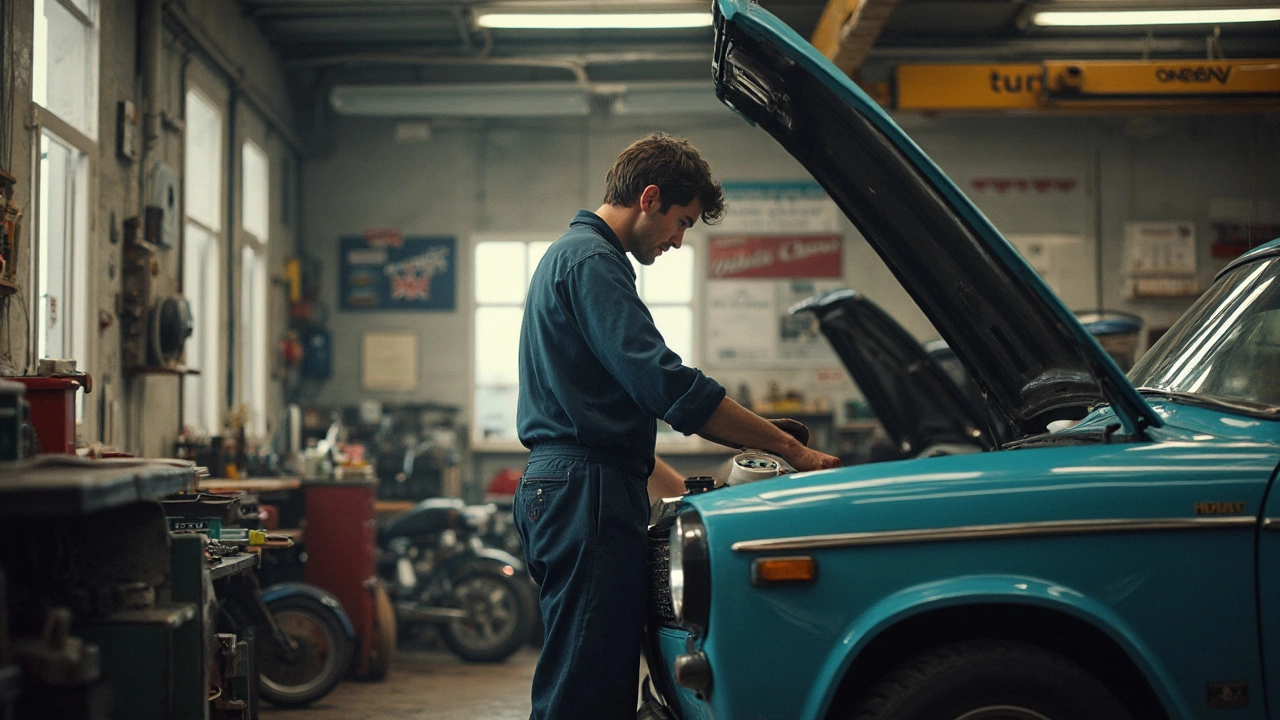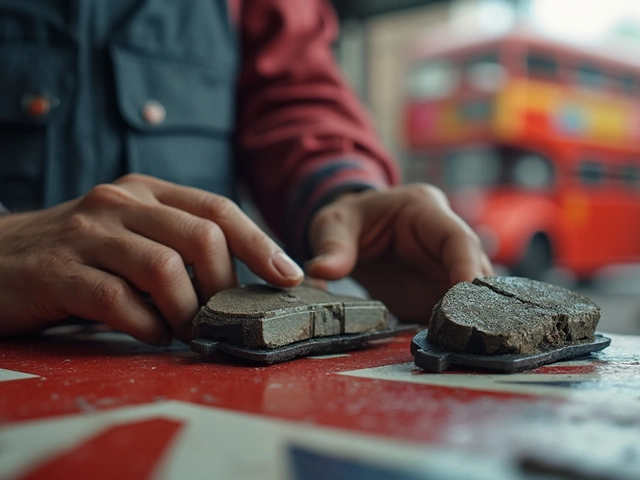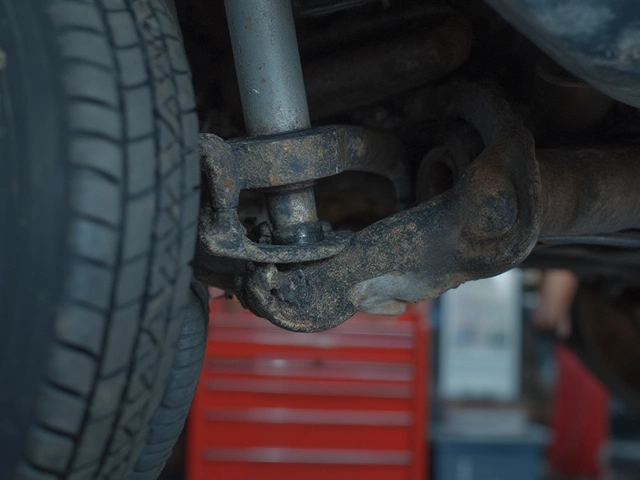DIY vs Professional Car Repairs: How to Choose the Right Approach
Ever stared at a cracked brake pad or a sputtering engine and wondered if you could fix it yourself? You’re not alone. Many drivers weigh the cost savings of a DIY job against the peace of mind that comes from a trained mechanic. Below we break down the key factors that help you decide when to roll up your sleeves and when it’s smarter to hand the job over.
Pros and Cons of DIY Repairs
Doing the work yourself can be rewarding. You get to learn how your car works, you control the quality of parts, and you often pay less for labor. A simple oil change or air‑filter swap, for example, can be done in under an hour with a few basic tools and a cheap tutorial video.
But DIY isn’t risk‑free. If you lack the right tools, you might damage a component and end up spending more than a professional would have charged. Mistakes on brakes, suspension, or fuel‑system parts can affect safety and even invalidate your MOT. Also, time adds up—what looks like a quick fix can become a half‑day project if you hit a snag.
When to Trust a Professional
Complex jobs that involve the engine, transmission, or any safety‑critical system are best left to a garage. A burnt clutch, a bent suspension, or a failing fuel pump often needs diagnostic equipment you won’t find at home. Professionals also have warranty coverage on parts and labor, which can save you money if something goes wrong later.
Another red flag is when you’re unsure about a part’s compatibility. Using the wrong spark plug or a cheap aftermarket exhaust can cause performance loss or even damage. A local shop like Northwich Tyres Centre can quickly verify the right fit and install it correctly.
Finally, consider legal and insurance aspects. In the UK, certain modifications—like removing a rear windscreen wiper—could affect your MOT or insurance. A pro will know the regulations and keep you on the right side of the law.
In short, start with a quick self‑assessment: Do you have the tools, knowledge, and time? Is the repair safety‑critical? If the answer is yes to the first three and no to the last, DIY might work. Otherwise, book an appointment with a trusted mechanic.
At Northwich Tyres Centre we’ve seen countless DIY attempts turn into costly repairs. Our advice is simple—use DIY for routine maintenance (oil, filters, wiper blades) and bring the car in for anything that could affect how it drives or passes its MOT. That way you get the best of both worlds: money saved where it’s safe, and expert help when it matters most.
 25 May 2025
25 May 2025
How Long Does It Take to Replace a Radiator? Expert Breakdown for Car Owners
Wondering how long a radiator replacement actually takes? This article breaks down the step-by-step process and shares what can make it faster or slower. You'll get tips on whether to tackle it yourself or hire a pro, plus advice on how to spot signs your radiator's on its last legs. Save time and money by knowing what to expect before you pop the hood or visit the shop.
Tags
- car maintenance
- engine oil
- spark plugs
- brake pads
- engine performance
- vehicle maintenance
- spark plug replacement
- windshield wipers
- fuel pump
- suspension parts
- clutch replacement
- oil change
- clutch kit
- car suspension
- car performance
- air filters
- car radiator
- exhaust systems
- fuel pump replacement
- engine misfire






0